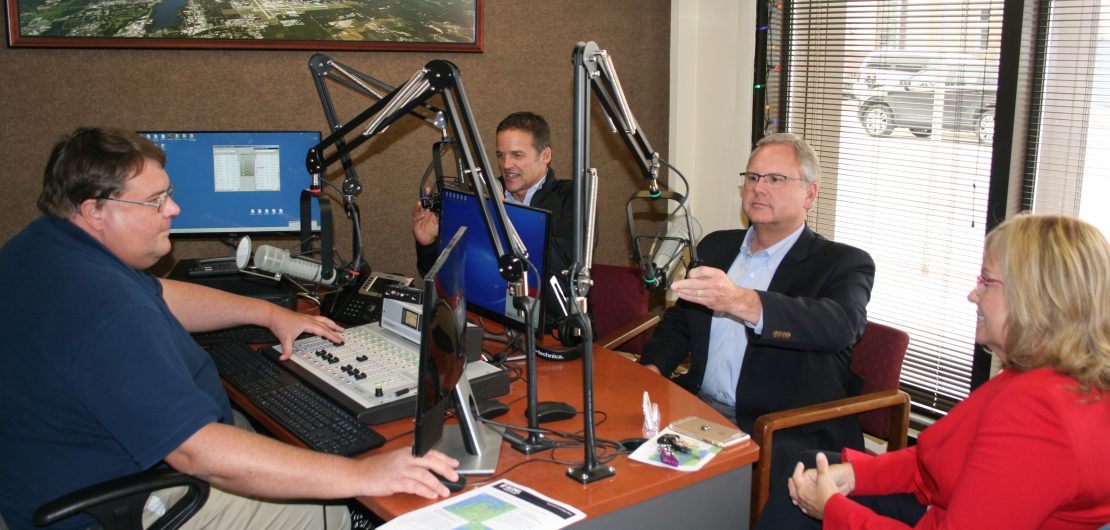
Radio is effective, but know how to use it
In the mid-50s the decree heralded the death of radio. After all, why would you want to listen to the Lone Ranger on the radio, when you could watch it on TV? AM radio died when FM radio was added. The sound was so much better on FM, there was no reason to listen to AM. In the 1980s radio died again. Why would you want to listen to your songs when you could watch them on MTV? If you haven’t heard, radio is dead yet again. This time, digital killed the radio star. With digital you got the songs you wanted, when you wanted them.
As I write this I’m listening to Elton John on Pandora. As Rocket Man would say: “I think it’s going to be a long, long time.” Don’t start writing that obituary yet for the radio star.
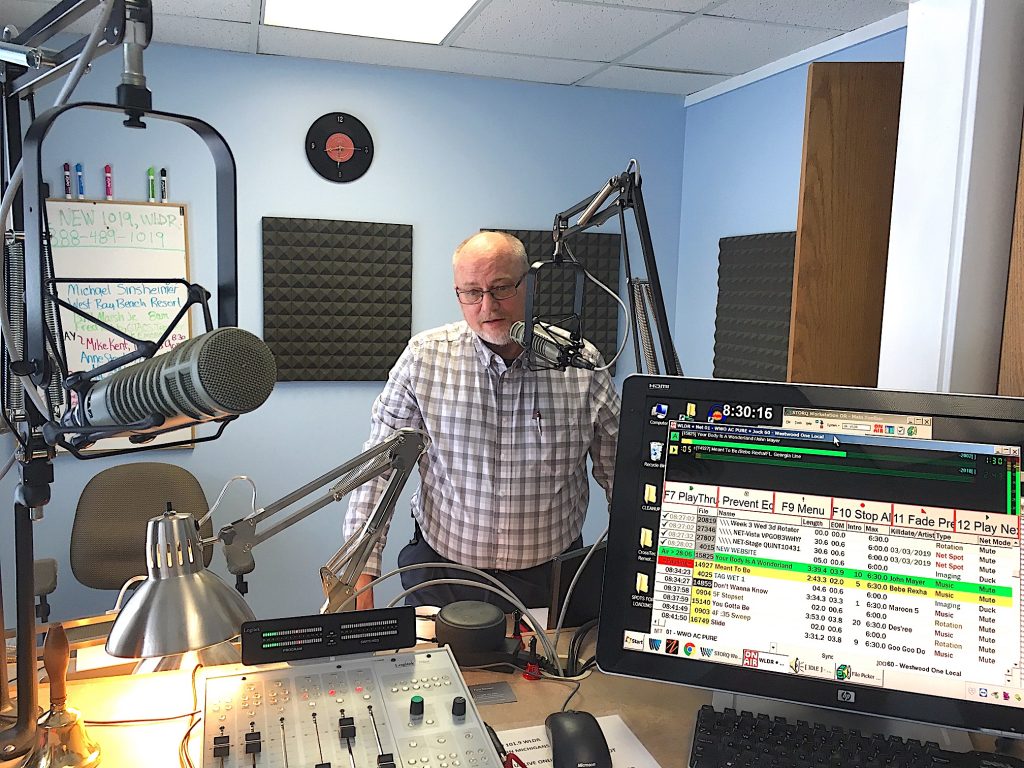
Recently I did a study of five-year trends on all mass media in northern Michigan. I not only reviewed the Neilson history, I also looked at an internal survey we kept for the last 20 years.
There’s no doubt the radio landscape is changing. Millennials and Generation Z (those born after 1995) don’t always embrace traditional radio. Listeners have changed their radio habits. They normally don’t listen to the radio for long periods of time.
But recent studies have shown that radio is still strong for stations with local content. That’s still very true in rural areas like northern Michigan. If you live in the community of Gaylord, how are you going to find out what’s going on today? You lack a daily newspaper. Your TV news may show up once or twice a month, unless you are in the middle of Alpenfest. But Eagle radio is there every day. One of the radio guys, Rob Weaver, has been in that community for around four decades. He can tell you what the Gaylord Blue Devils are doing in basketball, of fill you in on the payment of a new Chevy Silverado.
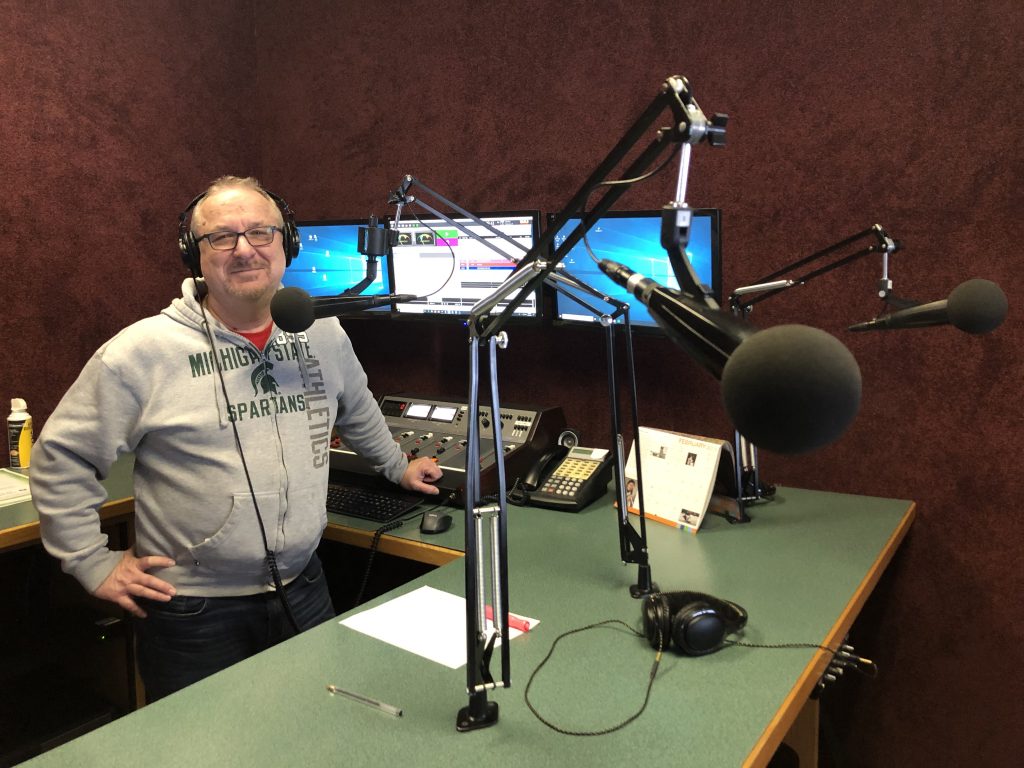
If you live in a larger rural community like Traverse City it’s someone like Ron Jolly at WTCM that will fill you in on the latest fundraiser for Big Brothers Big Sisters, the air schedule during the National Cherry Festival and that nasty traffic accident along South Airport. As long as the Rob Weavers and Ron Jollys of the world are around, and local communities are served by their local radio stations — the radio obituary won’t be published.
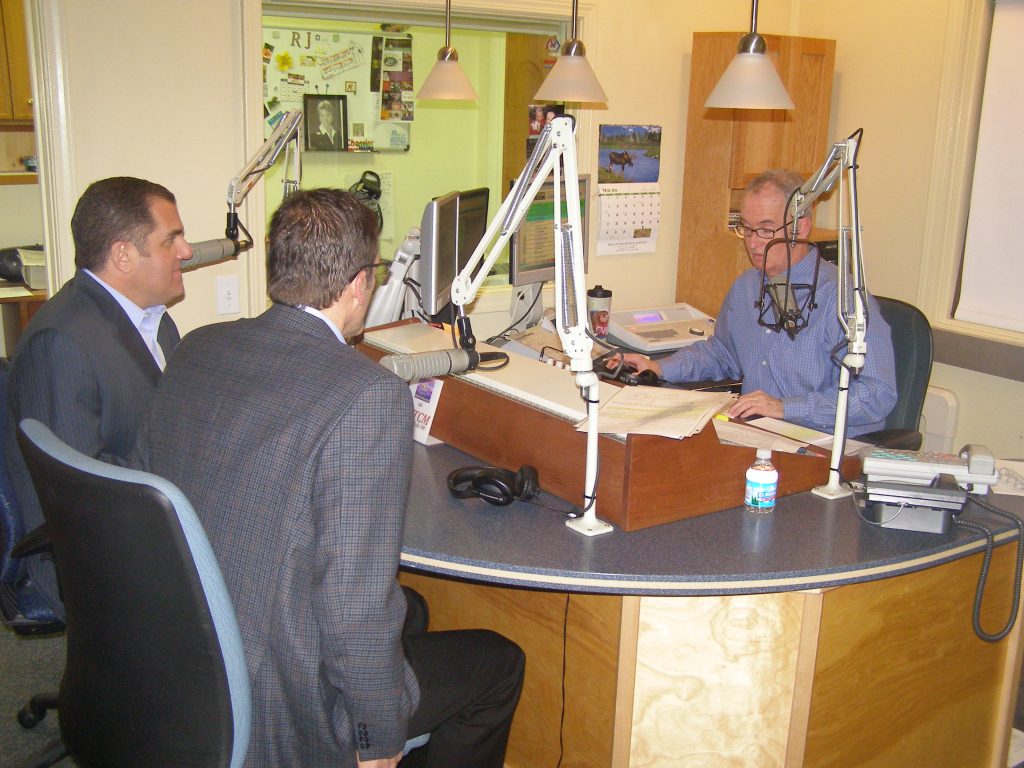
You can go ahead and publish the obituary of Yellow Pages. I never had any confidence in them. I always felt they held me hostage. I had to include my ads there, but never felt I got a good return on that investment. Now even older people don’t use them. People go online to search for a body shop or pizza joint.
For more than two decades as a media buyer I have had great confidence in radio. That confidence has not been shaken. Aside from looking at the rating numbers, I have a long history of anecdotal support. Over the years I have orchestrated hundreds of events where I used extensive radio to promote retail events and community events. Every time I used heavy radio support for community activities like the TC Patriot Game, Toys for Tots, Kampout for KAIR, and so many more – those events always exceeded expectations. That was true 20 years ago and just as true last year.
In 2018 iHeart radio filed for bankruptcy and raised concerns for one of the largest owners of radio stations in the country. But as long as cars still come equipped with radio receivers, the medium will be easily accessible. Radio may have to reinvent itself again. But it has a history of doing that. Love him or hate him, Rush Limbaugh has been given credit for the revival of AM radio. Radio powerhouse personalities are paid millions in large markets and worth every penny. In small markets they are paid much, much less – and people like Rob Weaver and Ron Jolly are worth much more. Why? It’s clear they are a critical part of the cohesion of a community.
No radio is not dead. It’s alive an well. It continues to be threatened, especially from mega radio owners that lose touch with their local community in the search of greater profits. But in northern Michigan and most other places around the country, radio is vibrant. It is a viable medium that can be an excellent media partner.
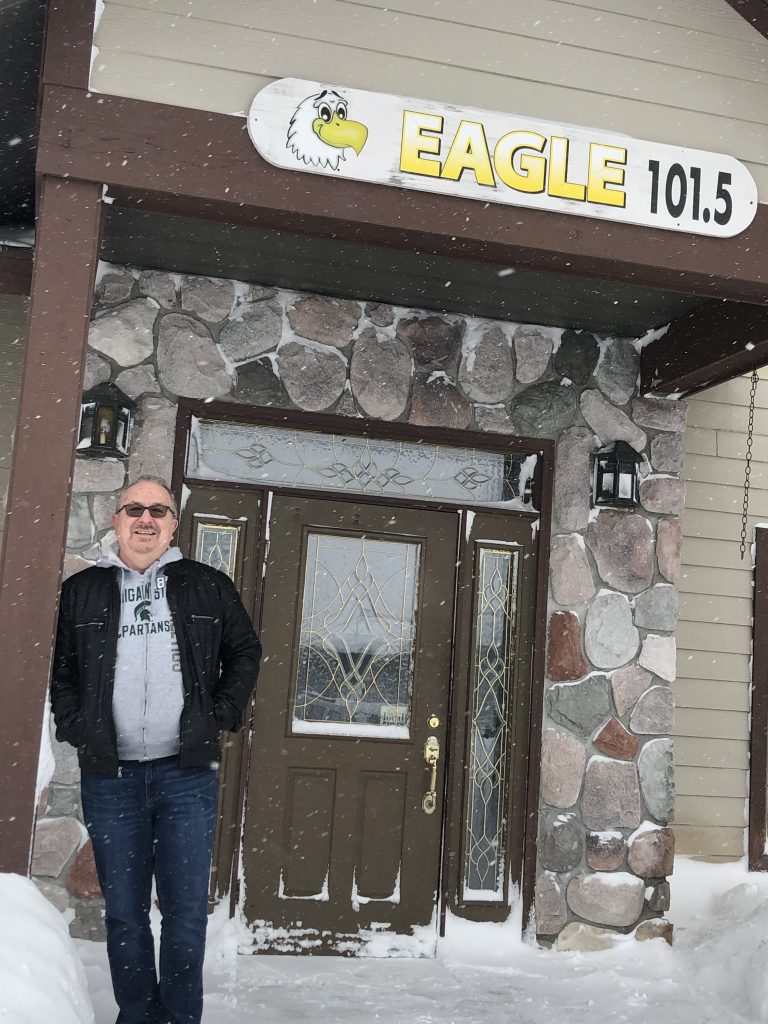
6 COMMENTS
Consumers want AM/FM radio.
A prominent research company, my company does business with, conducted a survey at an auto show, about what consumers wanted in the center of the dash. The results were surprising to car makers, so much so, many went back and redesigned their center of the dash technology, with most adding a hard button that returned the user to a traditional AM/FM tuner. Those in the market of a car wanted included in the center of the dash….89% AM/FM Radio, 64% smart phone connector, 56% CD Player, 54% Bluetooth, 42% GPS, 24% Wireless internet connection, 22% Satellite radio, 22% Satellite radio, (yes I meant to say that twice), 21% connected car technology 19% HD Radio, 17% DVD player and 14% Hard Drive media. The survey was actually redesigned in mid stream because, the first survey they did was not turning out good for AM/FM radio. Those in that first round were interviewed after as to why they didn’t select AM/FM radio as something they wanted in the center of the dash. The overwhelming response was,”Isn’t AM/FM radio, just always going to be there?”
Dean, that is really interesting. I’m not convinced it will “always” be there, but I think it AM/FM will be there for a long time. Again, as long as they are relevant to their local community.
Good article Mike, but WKLT and the community involvement they bring should have been included. THE Rock Station has been a key supporter of ALL the Community endeavors for 35+ years. Eyond that, you’re spot-on with Radio’s ubiquity and value to each local community!!
Charlie, northern Michigan is blessed to have locally-owned, community involved radio stations. You are totally right WKLT and their sister station Fox FM are two of them. I could have included a litany of many more. But rather than the listing them all I really wanted to highlight two stations in two different communities. I think your critique is accurate. I have partnered with those stations many times and they show incredible community support. But then I would be leaving out probably a dozen more. They all help create the strength of our communities. And these communities in northern Michigan need local radio to continue that strength.
A great read Mike – and a subject that many small business people struggle with. I appreciate the insight.
Thanks for the feedback Todd. The key is to have the right medium and the right message. It can all work. The trick is to find the one that works best for the budget you have available.